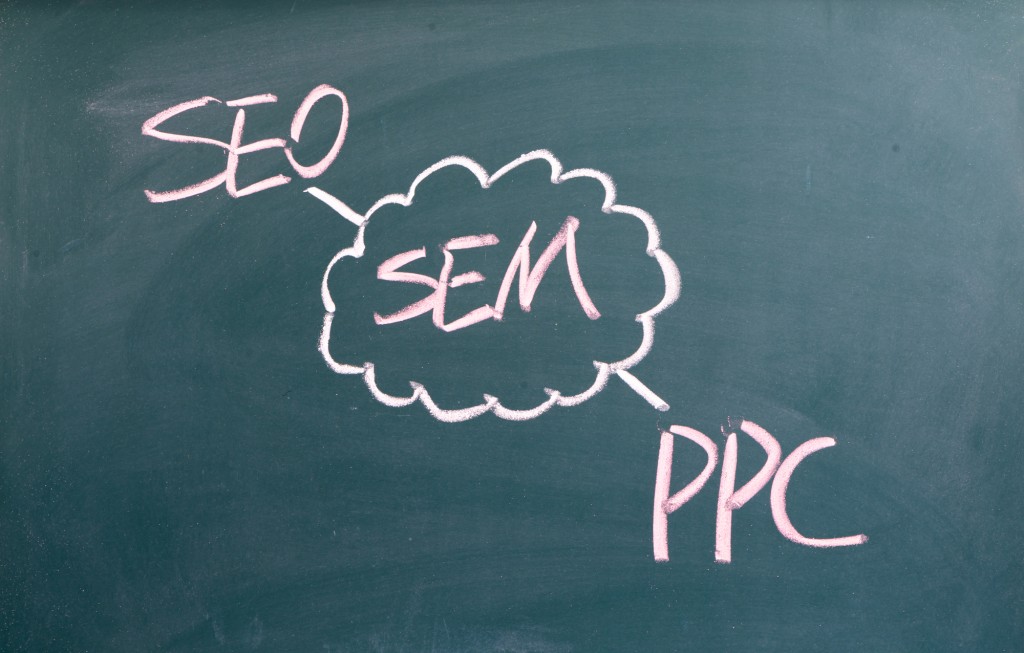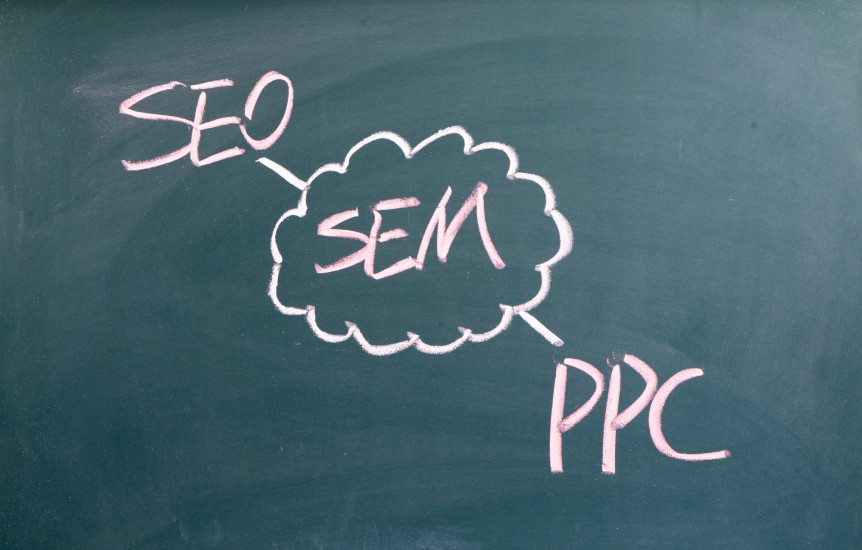It is understandable that business owners new to online marketing might be curious as to whether SEO or PPC is the better means to market their business website. Unless one happens to be an Internet marketing guru, SEO specialist, or part of a website development and marketing team, such terms might not seem to relate well to more traditional marketing concepts. Traditional marketing still has a place so far as articulating a business’s message to the consuming public but, these days, it tends to be more of the “added value” type. Regardless of the type of industry or field of endeavor, all 21st-century businesses need to have a properly designed and optimized website if they are to garner the clients they desire.
Businesses Need Both SEO and PPC

The wise business owner devotes a portion of his marketing budget to both SEO and PPC. They should not fall into the trap of thinking that they must choose between seo vs ppc, but rather, they should use both SEO and PPC as needed. This is because the two perform vastly different roles, both of which are necessary. If finances make it necessary to skimp on marketing expenditures, it is far better to forgo the Sunday newspaper ad or the radio spot. Although these might (or might not) attract a few customers, they won’t provide a company’s bread and butter clients in the same manner that they might have fifty years ago. Today, look to SEO and PPC to perform that function for your company.
SEO and Its Benefits
What do these ever so important acronyms represent for today’s modern business? SEO stands for search engine optimization. This is the business, science, art (take your pick) of using the most up-to-date knowledge available about how search engines (such as Google) function and applying that knowledge to cause a website to rank as high as possible in search returns. This might sound simple, but it is actually quite a specialty niche, one that has rapidly evolved in the last twenty years to be an industry in its own right. It involves things such as a website’s design, keyword research and placement, audience targeting, social media (Facebook, LinkedIn, Twitter, etc.) targeting, content, link building, and more. The goal of SEO is to use these means to make a website attractive enough to the search engines that they will return a business’s site in response to a potential client’s search query. Generally speaking, SEO takes time to develop and, done well, shows steady, albeit gradual, results.
What PPC Has to Offer
PPC, on the other hand, is what many marketers turn to when they desire quick results. PPC, like SEO, is a subset of search engine marketing (SEM). PPC involves bidding on keywords in order to secure their use in sponsored advertisements that are displayed on the first page of search engine results beside the organic SEO results. These advertisements are identified as sponsored, but studies show that only about half of Internet users recognize them as such. With this model, the advertiser pays the website a predetermined amount each time a searcher clicks on the advertisement, whether or not they follow through to make a purchase. Content websites often forgo bidding for keywords and, instead, set fixed click rates on keywords for advertisements. This model is called cost per click (CPC).
Mistaken Thoughts About SEO and PPC
There are a couple of mistakes that business owners are prone to making in their consideration of SEO and PPC. One comes from thinking that SEO is best because it is free. Abolish that notion. SEO is not free. Somebody, somewhere, will spend many hours of valuable time creating that “free” SEO. The other mistake is thinking that they have no need of PPC. Although there is a learning curve associated with PPC, it trumps SEO any time that fast results are desired. PPC is often used in conjunction with the launch of a new website, a new business startup, or in situations where a business is attempting to rebrand itself. Also, it is wise for a business owner to keep in mind the fact that search engines tweak their algorithms almost constantly. PPC, because it is hosted on search engine sites, is immune to these changes.

